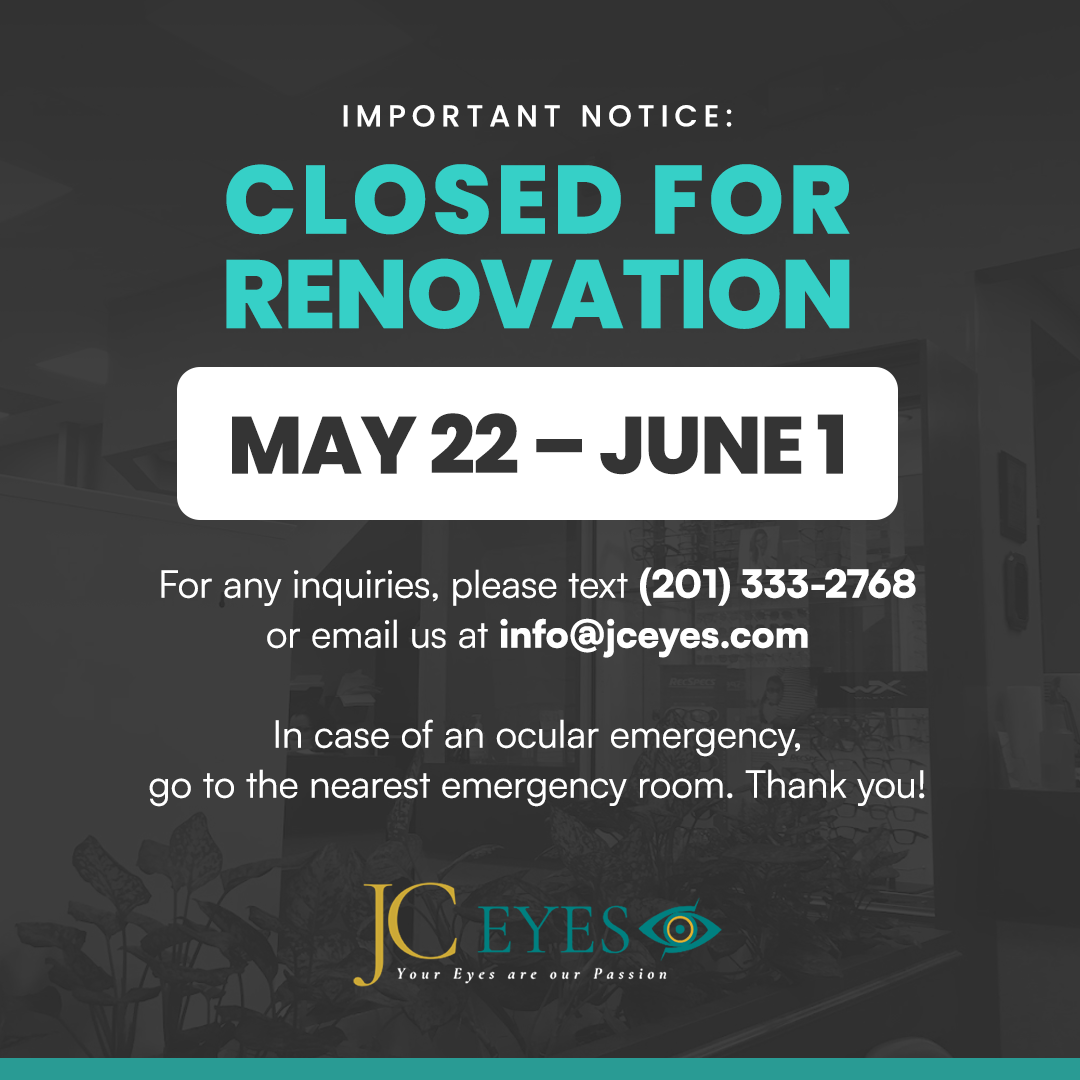
As a parent, ensuring your child's overall well-being is a top priority. While regular check-ups with their pediatrician are essential, it's equally important to schedule routine eye exams. A child's vision plays a crucial role in their learning and development, and early detection of any potential issues can make a significant difference in their academic and social growth. Pediatric eye exams are designed to evaluate your child's visual acuity, eye health, and proper eye function.
The Impact of Vision on Learning and Development
Children rely heavily on their vision for various aspects of their daily lives, including reading, writing, playing, and interacting with their surroundings. Undetected vision problems can hinder their ability to learn, focus, and participate in activities, ultimately affecting their overall development.
Poor vision can manifest in various ways, such as squinting, frequent eye rubbing, headaches, or difficulty concentrating on tasks. These signs may be easily overlooked or mistaken for other issues, which is why regular eye exams are crucial.
By identifying and addressing vision problems early on, you can help your child reach their full potential and avoid potential setbacks in their academic and social development.
Preparing Your Child for Their First Eye Exam
For many children, the idea of an eye exam can be daunting, especially if they are unfamiliar with the process. Describe what will happen during the eye exam in a simple and age-appropriate manner. Emphasize that it's a routine check-up to ensure their eyes are healthy and working correctly. If your child is old enough, you can practice some of the basic eye tests at home, such as covering one eye at a time or reading letters or numbers from a distance.
Allow your child to bring a favorite toy, book, or stuffed animal to the appointment. This can help them feel more relaxed and secure. By taking these steps, you can help your child feel more at ease and cooperative during their first eye exam.
What to Expect During a Pediatric Eye Exam
A pediatric eye exam is a comprehensive evaluation designed to assess various aspects of your child's vision and eye health. Here's what you can expect during the appointment:
• Case History: The optometrist will gather information about your child's medical history, any vision concerns, and any family history of eye conditions.
• Visual Acuity Test: This test measures how well your child can see at various distances using an eye chart or picture chart, depending on their age.
• Eye Alignment and Eye Movement Evaluation: The eye doctor will assess if your child's eyes are properly aligned and if they can follow objects smoothly.
• Eye Focusing, Teaming, and Depth Perception Evaluation: These tests evaluate how well your child's eyes work together and their ability to perceive depth.
• Eye Health Examination: Using specialized equipment, the eye care professional will examine the internal and external structures of your child's eyes to check for any abnormalities or potential issues.
• Color Vision Testing: Depending on your child's age and the doctor's recommendations, a color vision test may be conducted to detect any color vision deficiencies.
Common Eye Conditions in Children
While many children have healthy eyes, there are several common eye conditions that can affect their vision and overall eye health. Here are some of the most prevalent ones:
1. Refractive Errors:
· Nearsightedness (myopia): Difficulty seeing distant objects clearly.
· Farsightedness (hyperopia): Difficulty seeing near objects clearly.
· Astigmatism: Blurred vision caused by an irregular curvature of the cornea or lens.
2. Amblyopia (Lazy Eye): A condition where one eye develops weaker vision due to an eye muscle imbalance or a difference in the refractive power between the two eyes.
3. Strabismus (Crossed or Wandering Eyes): A misalignment of the eyes, causing them to look in different directions.
4. Convergence Insufficiency: A condition where the eyes struggle to work together when focusing on near objects, leading to double vision or eye strain.
5. Eye Muscle Imbalances: Imbalances in the muscles that control eye movement, causing difficulties with tracking, depth perception, or focusing.
Early detection and treatment of these conditions are crucial for maintaining good vision and eye health in children. Regular eye exams can help identify and address these issues before they become more severe or cause long-term complications.
Schedule Your Child’s Eye Exam with JC Eyes Today
Prioritizing your child's vision and eye health is essential for their overall well-being and development. Regular pediatric eye exams play a vital role in ensuring their vision is functioning properly and detecting any potential issues early on.
If you haven't scheduled your child's first eye exam or if it's been over a year since their last one, contact our office and schedule an appointment today. Our experienced team of optometrists are dedicated to providing comprehensive eye exams and personalized care to ensure your child's vision and eye health are at their best. Visit JC Eyes at our office in Jersey City, New Jersey, or call (201) 801-3600 to book an appointment today.











